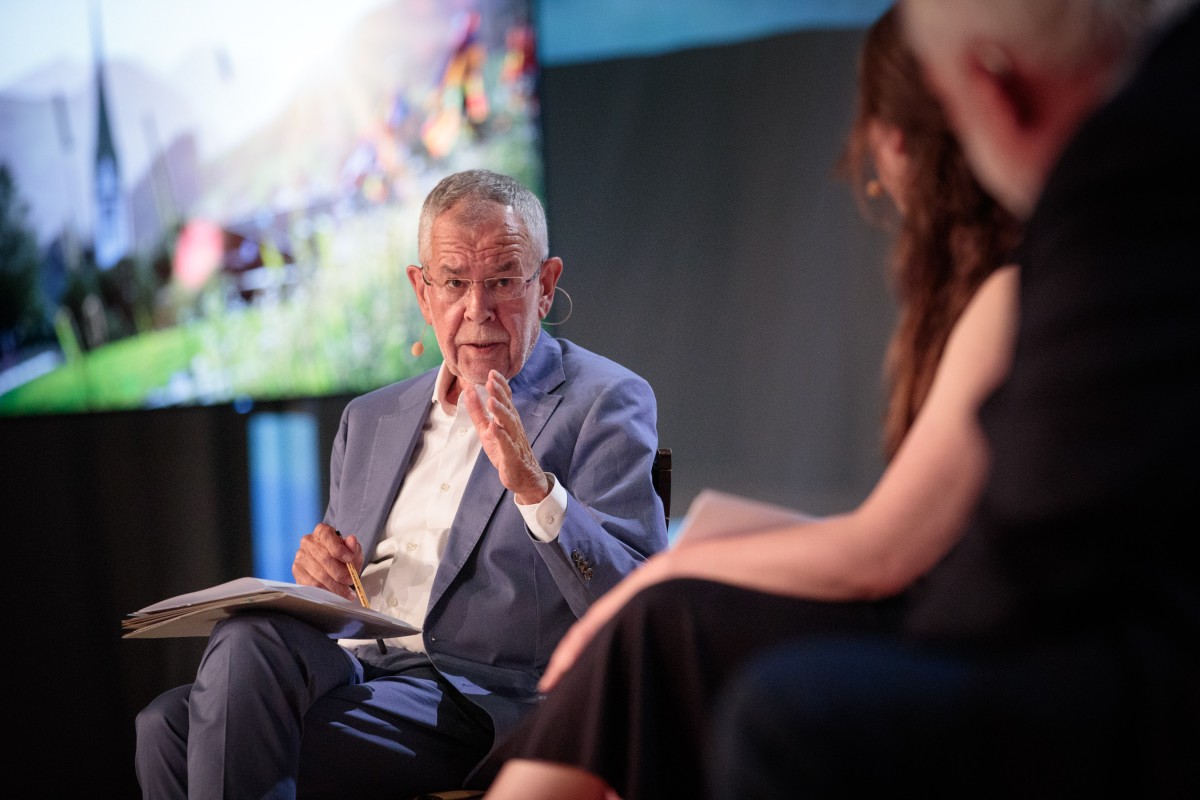Sponsored Content
Austrian President Van der Bellen Admits Mistakes Regarding Putin
In a recent interview, Austrian President Alexander Van der Bellen explained how he feels about obvious mistakes made during his first term in office. In his opinion, this also includes his words of praise for Austrian-Russian relations and Russian President Vladimir Putin.
 In an interview, Austrian President Alexander Van der Bellen admitted mistakes in his view of Russia and Vladimir Putin. / Picture: © Österreichische Präsidentschaftskanzlei / Peter Lechner/HBF
In an interview, Austrian President Alexander Van der Bellen admitted mistakes in his view of Russia and Vladimir Putin. / Picture: © Österreichische Präsidentschaftskanzlei / Peter Lechner/HBF
In recent months, the Austrian President's assessment of Russia and Vladimir Putin has changed significantly. Following Russia's annexation of Crimea, he demonstrated understanding for Moscow, but after the Ukrainian attack on February 24, he unambiguously condemned Russia and called Putin a dictator. Russia, of course, remains the home of his parents, who fled to the West to escape the…
or Log In
Fast News Search





